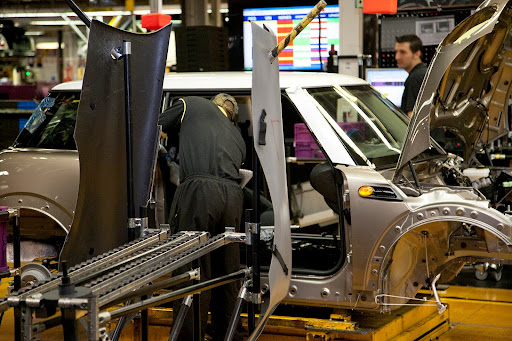The UK’s departure from the European Union created the conditions for a major battle over its environmental regulations, culminating in the weakening of its car emission rules. Post-Brexit economic fragility was a key argument used by carmakers to demand a less stringent policy than the one they face within the EU.
BMW’s lobbying submission explicitly used this angle, claiming the “UK has already become a far more difficult place to produce vehicles now post-Brexit.” This positioned the ZEV mandate not as a standalone policy, but as an additional burden on an already struggling sector, making the argument for leniency more compelling.
By operating outside the EU’s regulatory framework, the UK government had the autonomy to set a “world-leading” standard. However, that same autonomy meant it was solely responsible for the economic consequences and was directly exposed to lobbying from UK-based manufacturers without the buffer of a larger trading bloc.
Critics argue that instead of using its independence to forge a stronger green path, the government has used it to enact a weaker policy. The episode suggests that, in some areas, Brexit has not led to a “race to the top” on standards but has instead made the UK more susceptible to industry pressure for deregulation.


